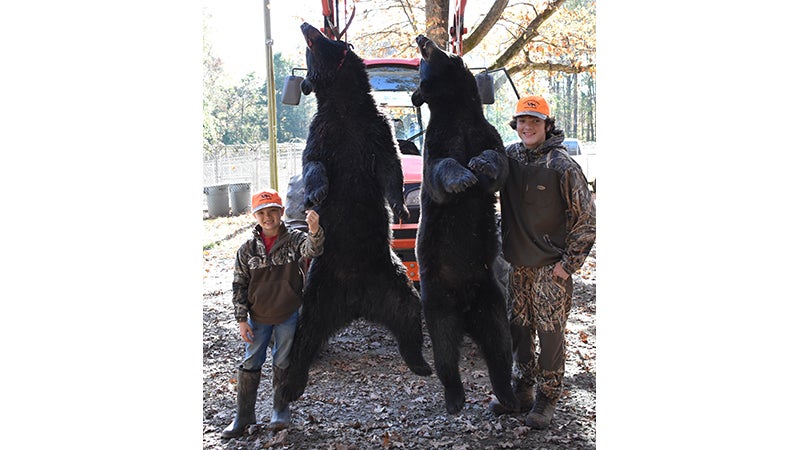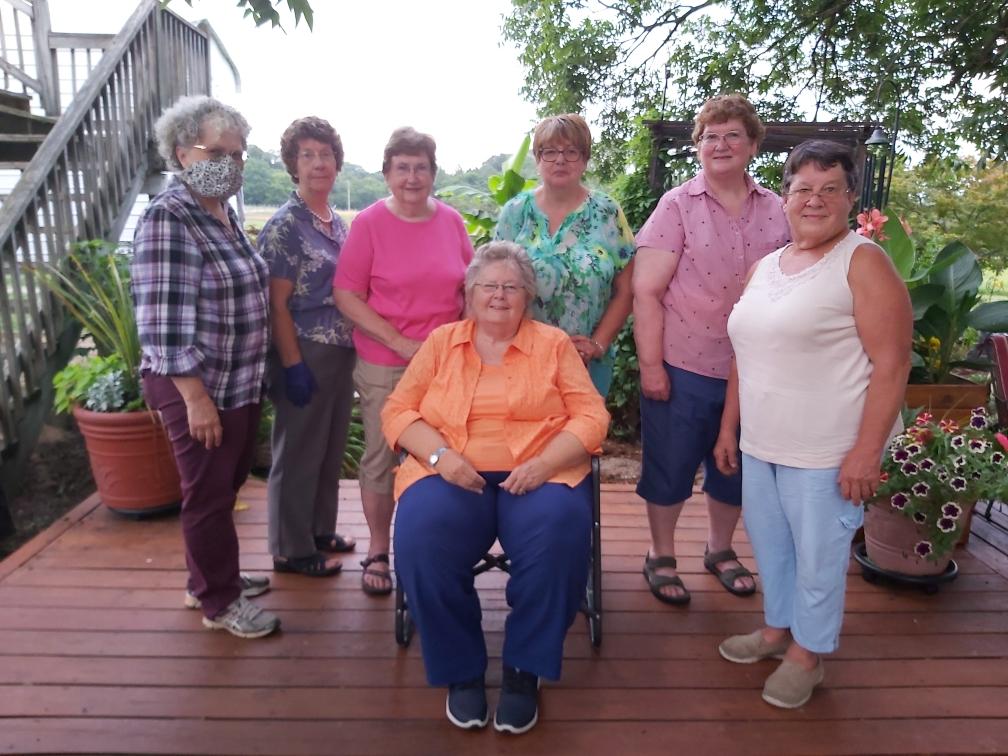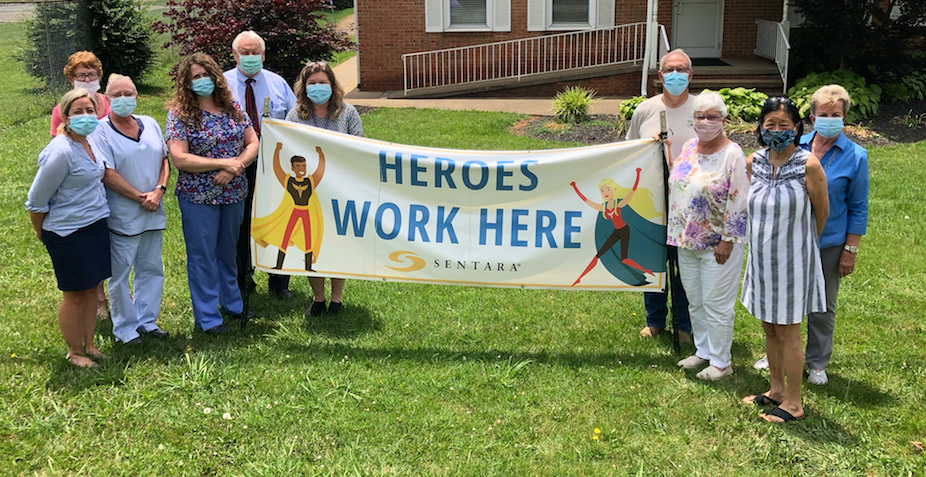SVCC Ag Class To Discuss Farm Bill
Published 2:38 pm Thursday, January 10, 2013
In recent weeks, there has been a great deal of discussion and media coverage about the “fiscal cliff”. Expiring tax cuts would have had a major impact on many U.S. citizens. Congress took action to avoid what many considered a critical blow to our economy.
At Southside Virginia Community College, learn about another policy issue that has gotten less exposure but which will also affect each of us: the US Farm Bill. Most people, when they hear “farm bill” think that it is legislation that only impacts farmers.
When U.S. farm legislation began in the 1930's, it did indeed mainly affect farmers. Agricultural price and income supports were put into place following the Great Depression to provide some stability to the farm economy so that people would remain in farming and continue to provide food and fiber for the rest of the population. Over time, however, farm policy has changed dramatically. It would more appropriately, today, be termed food policy. The 2008 farm bill (which expired at the end of last year) contained fifteen so-called “titles” that covered price and income supports for farmers, farm credit, trade, agricultural conservation, research, rural development, energy, forestry, horticulture, and foreign and domestic food programs, among others.
What may be surprising to many is that nearly 80% of all farm bill spending is for food programs, including the Supplemental Nutrition Assistance Program (SNAP) and school nutrition programs. Of the remaining 20%, the funds that go to support price and income support for farmers help to insure that Americans continue to have a safe, nutritious, and affordable food supply. Thus, the farm bill does affect us all.
Congress acted to extend the 2008 farm bill temporarily until they could negotiate a new bill. This set of negotiations is one of many topics that will be discussed in Southside Virginia Community College's Agricultural Policy class (AGR 241) this spring semester. Additional discussions will focus on environmental regulations, water quality issues, ethanol production, organic food production, the local foods movement, and animal welfare issues. Class participants will receive insights on efforts of Virginia Farm Bureau and the Virginia Agribusiness Council, who work to educate and inform policy-makers about issues of importance to the agriculture industry and rural communities.
Insights will be shared on how each of us as citizens can be sure our voice is heard on issues that we care about. Space is still available in the course which meets on Monday nights from 6-7:15 p.m. and includes an additional online lecture per week. Locations for the course include SVCC's Christanna Campus in Alberta, its Daniel Campus in Keysville, and the Southern Virginia Higher Education Center in South Boston.
Additional AGR course offerings for spring semester include Agribusiness and Financial Management (AGR 143), Agricultural Human Resources (AGR 144), Soil Fertility (online, AGR 205), Professional Selling (AGR 232), Animal Products (AGR 242), and Alternative Energy (online, AGR 244). To learn more, or to register for courses, contact the agribusiness program director, Dr. Dixie Watts Dalton at 434-949-1053 or dixie.dalton@southside.edu. Additionally, visit Southside's agribusiness program website, http://southside.edu/academics/programs/agri/default.asp, or its Facebook page titled, “Agribusiness, Southside Virginia Community College.”





